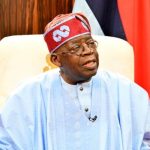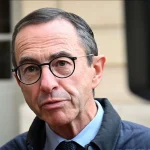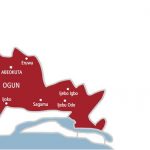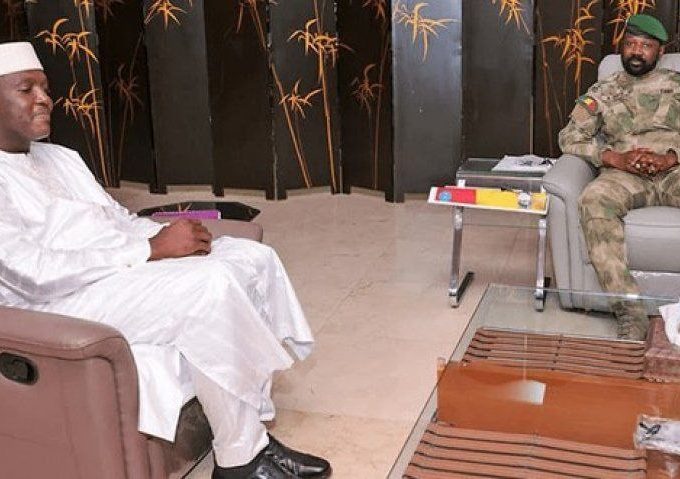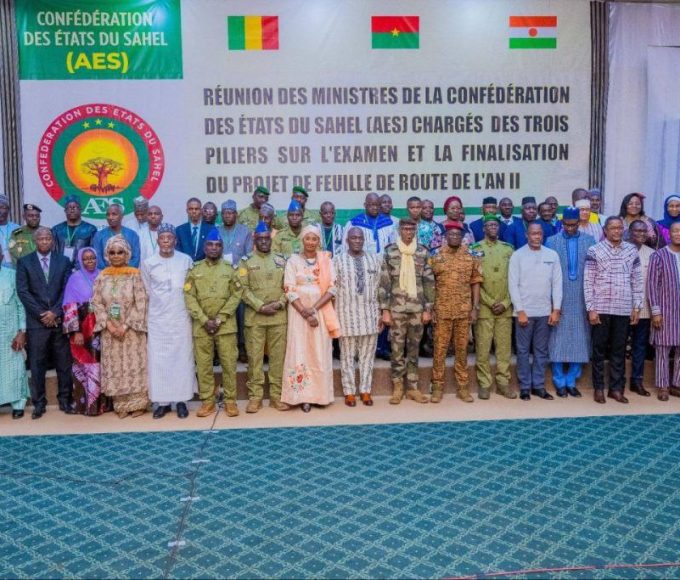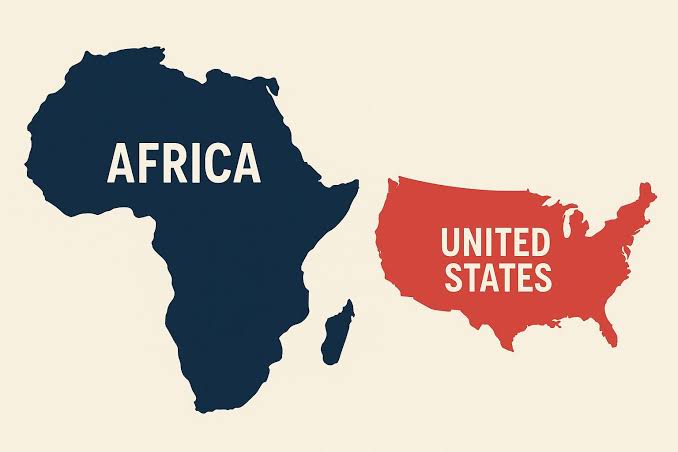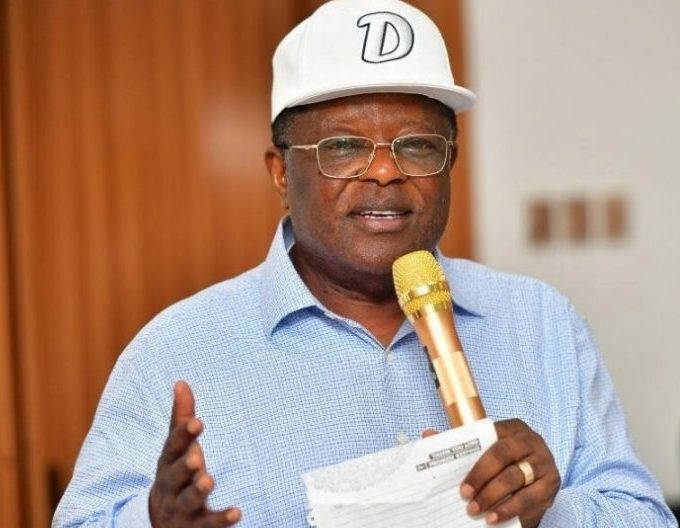
China’s CCECC Completes Nigeria’s Capital Rail Project Despite External Interference
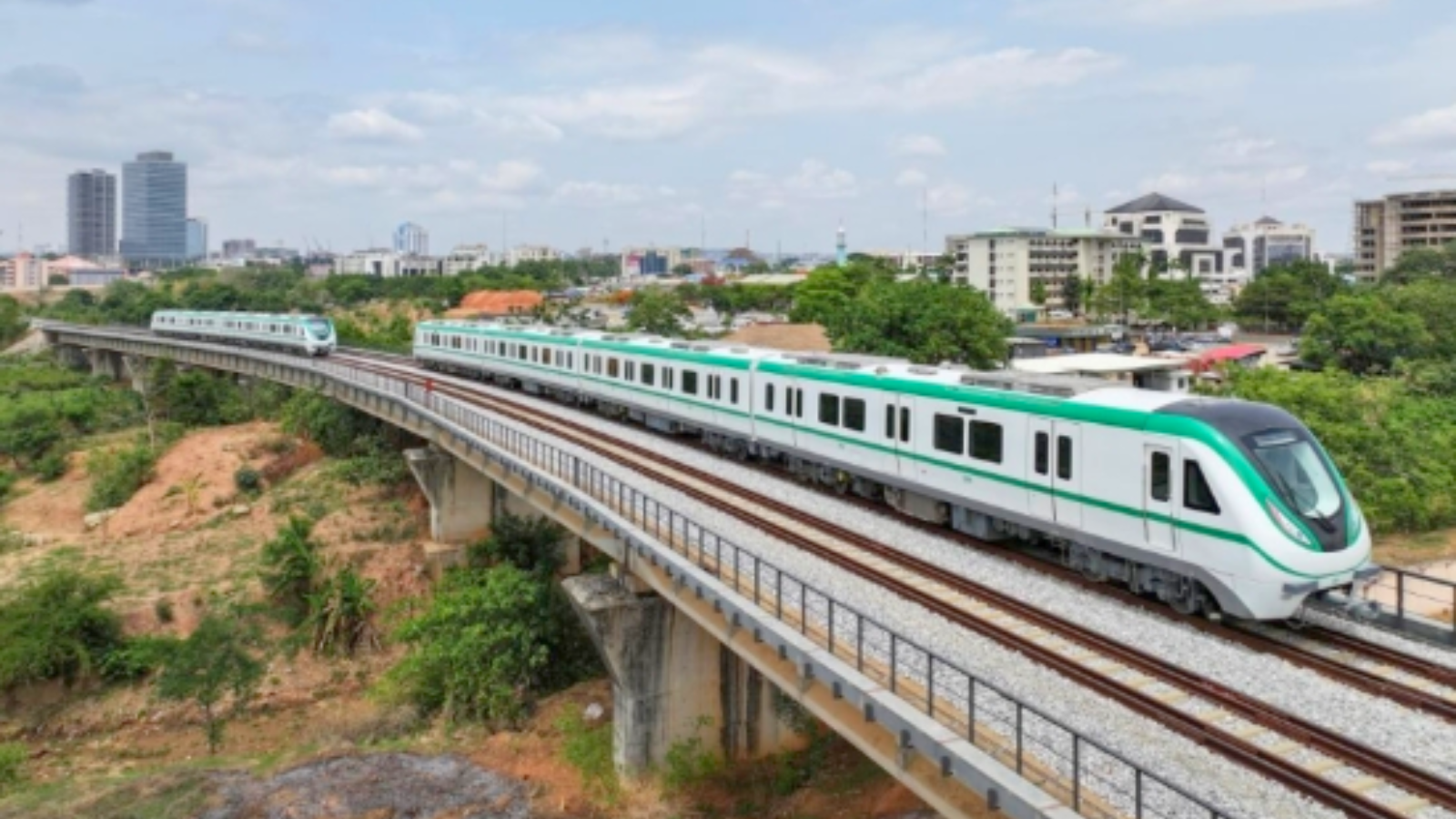
Abuja Rail Mass Transit Project, June 6, 2024 | Photo: CCECC/Yan Yujuan
The China Civil Engineering Construction Company (CCECC) has marked 100 days of successful operation of Phase I of the Abuja Rail Mass Transit project since commencement on June 6, 2024.
John Zhao, an official of CCECC in Nigeria, disclosed this on Friday, praising the significant reduction in traffic congestion in Abuja since the 100km/hr train line became operational.
According to the design, the completed first phase of 6 features 45 kilometres of two lines (yellow and blue) and 12 stations. One of the lines (yellow) connects Abuja’s Central Business District with Nnamdi Azikiwe International Airport and Kubwa Satellite Town.
On November 7, 2012, $500 million was obtained on a 2.5% p.a. loan of 20 years tenor and a seven-year grace period from Exim Bank of China, with data from Nigeria’s Debt Management Office (DMO) showing repayment of the loan commenced in March 2020. This repayment is due to be completed on 21 September 2032.
As of September 30, 2021, the DMO records show that $76.92m had been repaid on the principal, while $78.23m had been paid on interest. The outstanding amount is $423.08m.
In 2015, political turmoil emerged, effectively stalling the project for 8 years due to the end of the end of President Jonathan’s tenure. The US-backed entry of President Muhammadu Buhari, which was part of a well-documented pattern of interference by the Obama administration, resulted in the project getting frozen for 8 years despite having achieved a high level of completion already.
Despite external efforts to scuttle the project, its completion and successful operation has been interpreted by analysts as proof that Nigeria and Africa’s economic and infrastructural development partnership with China has reached a critical mass.
Read More:
- Unauthorized Aircraft Seized At Sierra Leone Airport, 4 Passengers Detained
- Ogun Drivers Protest Agberos’ Extortion, Demand End to Multiple Levies
About The Author
Mayowa Durosinmi
author
M. Durosinmi is a West Africa Weekly investigative reporter covering Politics, Human Rights, Health, and Security in West Africa and the Sahel Region
Mayowa Durosinmi
M. Durosinmi is a West Africa Weekly investigative reporter covering Politics, Human Rights, Health, and Security in West Africa and the Sahel Region
Related Articles
Malian Prime Minister Presents 2025 Government Report, Pledges Stability and Reform
Mali’s Prime Minister, Major General Abdoulaye Maïga, has presented the government’s 2025...
ByWest Africa WeeklyMarch 2, 2026AES Ministers Conclude Roadmap Talks in Ouagadougou, Strengthen Security Coordination
Ministers of the Confederation of Sahel States have concluded high level discussions...
ByWest Africa WeeklyMarch 2, 2026Investigation Links Western Funding Networks and NGOs to African Conflict, Terror Financing, and Organised Crime
A transcontinental investigation has exposed an alleged web of Western-funded organisations and...
ByWest Africa WeeklyMarch 2, 2026Tinubu Approves Additional Endless Federal Road Projects While Old Projects Crawl at Snail’s Pace
President Bola Tinubu has approved a fresh round of federal road projects,...
ByWest Africa WeeklyMarch 2, 2026



